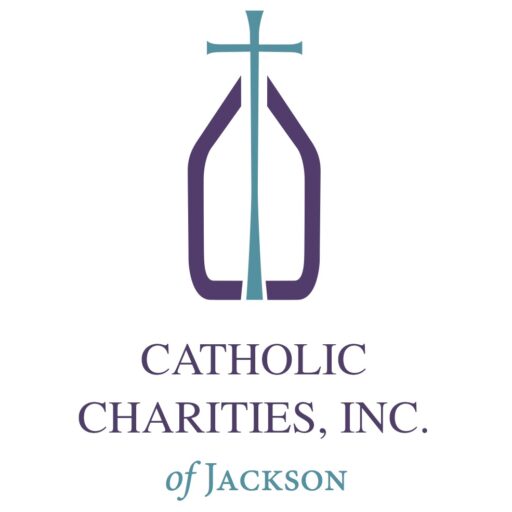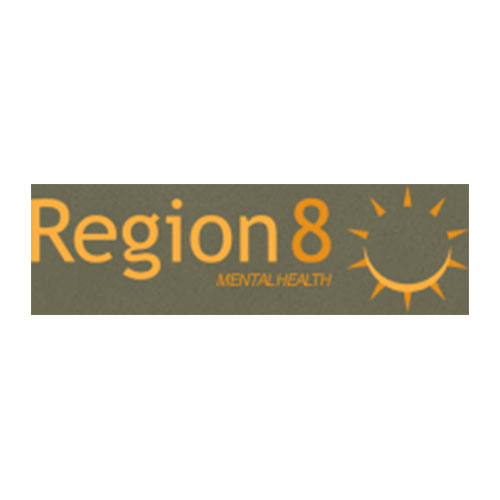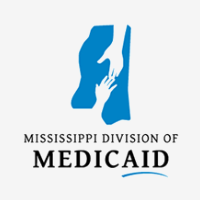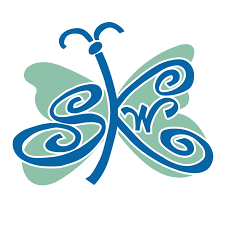Client Stories

Catholic Charities
In an effort to help reduce the number of children in the MS foster care system, Catholic Charities wanted to pursue a new service yet untried in the state – Kinship Care, which places a child with a willing relative without ever being placed in custody of the state. Parham Group led the effort to develop the Kinship Care Navigator Program and apply for federal funding to implement it. The program was awarded the grant and is operating successfully. Parham group continues to provide program evaluation and quality improvement services. After two years, the program is producing effective and promising results, such as 95% of participating families reflect a meaningful increase in family stability (safety and wellbeing), 68% of families are pursuing a permanent placement with the child, 99% of caregivers report being very satisfied with benefit/outcome of the program, and the program cost approximately 1/4 as much as non-relative foster care and 1/10 of residential group care.

Region 8 Mental Health Services
Region 8 Mental Health Services was interested in diversifying their income sources and offer a new service model to Region 8 consumers. The Parham group led a successful $1.4 Million grant submission process to the Laura and John Arnold Foundation for developing, implementing, and evaluating the Critical Time Intervention program model. Partnering with Region 8 and University of Chicago Health Labs, Parham group is implementing, managing, ensuring fidelity, and evaluating the innovative intervention for people with severe mental illness and who are at risk of homelessness. This is the first and only CTI project outside New York or Chicago.

MS Department of Child Protection Services
In partnership with MS Department of Child Protection Services, Parham group designed and developed an intensive home and community-based family preservation project called In-Circle. The program, implemented by Canopy and Youth Villages, has successfully served over 3,000 families since its inception in 2018. Five years later, Parham Group recently conducted an evaluation of In-Circle, comparing outcome to the original program goals. Primarily 88% of all participating families were successfully discharged, 92% of the children remained out of custody for 3 years, 84% for 2 years, and 85% for at least one year. Key informants (MDCPS staff, providers, court personnel) rated the program as “very effective” at keeping children safely at home and out of custody. In-Circle is less expensive than typical foster care and residential group care.

MS Division of Medicaid
The MS Division of Medicaid wanted to apply for a program offered through Centers for Medicare and Medicaid (CMS) called the Balance Incentive Payment Program. Parham Group joined DOM in creating and developing a comprehensive, multi-faceted project that was funded by CMS. One requirement of the program was the development of a state-wide No Wrong Door system for long term services and supports available in the state. The NWD system in MS was named the MS Access to Care (MAC) system. Mac centers, administered through four Planning and Development Districts (PDDs), have contact with, provide information to, and facilitate services for nearly 40,000 Mississippians annually. Parham Group continues to support the PDDs with sustainability efforts such as administering an ongoing MAC center time tracking study to ensure the maximum Federal financial participation (FFP) is obtained.

Sally Kate Winters Family Services
When Sally Kate Winters Family Services wanted to address and impact the issue with runaway and homeless teens, they asked the Parham Group to assist. Having already conducted a strategic plan and help develop, fund, and implement 5 other new programs for the organization, our company was very familiar with the capacity, skills, and experience of the agency. Working with SKWFS we identified a Transitional Living Program offered by the Family and Youth Services Bureau, HHS. Together the project was designed, developed, funded, implemented, and evaluated. After 4 years of service delivery, using the FYSB Return of Investment criteria, 100% participating youth found safe, stable housing, 99% had significant functioning improvement, 96% became self-sufficient, and 99% had established a meaningful permanent relationship with a caring adult.